
Fed’s Taper Could Send Inflation Soaring
The Federal Reserve's reduction in bond sales prioritizes government borrowing costs and may exacerbate inflation, marking a significant shift in monetary policy.

The Federal Reserve's reduction in bond sales prioritizes government borrowing costs and may exacerbate inflation, marking a significant shift in monetary policy.

Senior loan officers across the United States disclose concerning findings, a notable decline in demand for industrial and household loans, suggesting looming economic turmoil.

The study reveals a notable rise in average credit card debt across the United States, reflecting ongoing financial turmoil for Americans.

China's economy faces deepening issues as lending and borrowing decline significantly, with total social financing down 11% from the previous year in Q1 2024.

The New York Fed survey highlights growing worries about soaring housing costs, particularly among renters, with expectations of substantial increases in both rent and home prices.

Millennials and Gen Z in Canada face dwindling homeownership prospects due to high costs and severe housing shortages.

A new report reveals that 43% of U.S. small businesses struggled with rent, highlighting broader economic issues from rising costs and inflation.
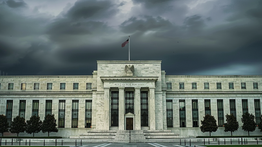
Federal Reserve policies and swap spreads suggest U.S. interest rates may soon drop to around 1-2%.
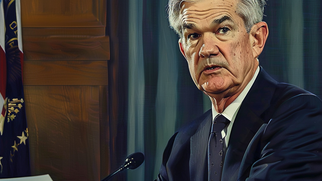
The Federal Reserve's reduction in bond sales prioritizes government borrowing costs and may exacerbate inflation, marking a significant shift in monetary policy.

Senior loan officers across the United States disclose concerning findings, a notable decline in demand for industrial and household loans, suggesting looming economic turmoil.

The study reveals a notable rise in average credit card debt across the United States, reflecting ongoing financial turmoil for Americans.

China's economy faces deepening issues as lending and borrowing decline significantly, with total social financing down 11% from the previous year in Q1 2024.

The New York Fed survey highlights growing worries about soaring housing costs, particularly among renters, with expectations of substantial increases in both rent and home prices.

Millennials and Gen Z in Canada face dwindling homeownership prospects due to high costs and severe housing shortages.

A new report reveals that 43% of U.S. small businesses struggled with rent, highlighting broader economic issues from rising costs and inflation.

Federal Reserve policies and swap spreads suggest U.S. interest rates may soon drop to around 1-2%.
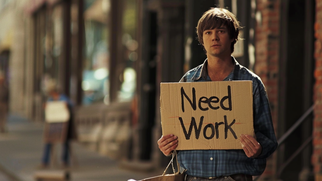
Recent U.S. government reports show a significant discrepancy in job data, revealing a loss of 192,000 private jobs, contradicting earlier claims of employment gains and suggesting deeper economic issues.
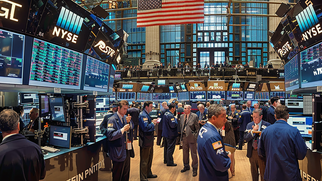
April's sluggish job growth and unemployment spike signal looming U.S. recession.

European automakers, like Volkswagen, Stellantis, and Mercedes-Benz, grapple with plummeting demand, supply chain issues, and financial pressures, forcing strategic reassessment.

Janet Yellen acknowledges soaring prices and high mortgage rates make homebuying nearly impossible for first-time buyers.
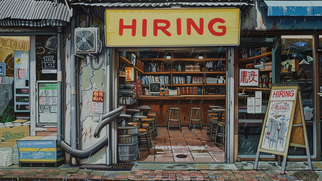
Immigrants first, citizens last

In March, the U.S. trade deficit widened to $69.4 billion, surpassing expectations due to declines in exports and imports.
